
Practical Points on Peace
Let’s go through some key points about maintaining peace in our relationships, and what making peace as the most important thing looks like in practice.

I want to explain some more practical aspects about making peace the most important thing. What do we, in function, need to understand and do, in order to live our lives according to this all-important axiom?
The first thing is to understand that like everything, being a person of peace means both doing good, and avoiding bad. The “avoiding bad” aspect is staying far, far away from any sort of arguments, fighting, strife, or controversies. The “doing good” means loving everyone, helping everyone and treating everyone with dignity and respect. You don’t have to become their friend, but you have to not hate them, and recognize that deep down, they really want to do good – even if in the meantime, they aren’t doing good and you in turn are staying far away from them to protect yourself.
Secondly, peace means that you have humility – the humility to recognize that you don’t know the real truth. You must pray very hard for G-d to lead you in the path of truth, and to live according to it. Therefore, you don’t judge anyone or make decisions about who they are and what they did. You are no judge and you don’t have all the facts no matter what you think – so you are not needed to make judgement calls either! You just stay out of it.
Next, I want you to know that in Hebrew shalom (peace) shares the same root as shalem (whole). This is because peace is all-encompassing – someone who is at peace with everyone else is perfect in his emuna and good character traits, by definition. And if you are not a “man of peace” (or woman as the case may be), then by definition, you are flawed and you need to continue to work on yourself.
I also want you to realize that the biggest danger there is, is letting go of peace. With fighting and arguments, you only lose big time – there are no exceptions. That goes for physicality, and all the more so, for spirituality. If you’ll really consider it, you’ll see that arguments and anger never do anything good. So why do people get angry, if it never helps? It’s simple – if you don’t work on the trait of peace, then you don’t have the settled mind to stay calm and clear-headed even in the most stressful situations. You literally lose your mind for those moments! Instead, you vent your inner anger and frustration into anger and fighting, even if it makes you lose and even if it makes no sense.
Hence, the trait of peace is not just some “good thing.” Rather, it is the only way to go through life in this world healthy and whole in body, mind, and spirit. Only with peace can we properly understand and manage our experiences in this life!
To Hurt Someone, without Doing a Thing
That being said, I want to discuss another practical aspect of maintaining peace: Considering the emotions and needs of other people. It’s not easy for people to hear the word “no.” It’s especially true of children, but it’s also true of adults. Even if the person doesn’t seem upset or insulted, many times the wound burns in their heart. People can become insulted, vengeful and angered even to the point of cutting off ties, just because one time a friend told them, “no.”
The Torah tells us not to take vengeance, and the Gemara discusses the quintessential example of this. You might expect this example to be someone who does something terrible to his friend, but it isn’t true. The example is of someone who requests to borrow a tool from someone else, and is refused. The person who was refused is exhorted not to take vengeance or let his feelings of anger overwhelm him. It might seem out of proportion, but really, these are natural feelings that can be easily awakened when we want or need something and are met with the response, “no.” The more you expected a “yes,” the more upset, disappointed and downright angry you are to have received a “no” instead. You might even think to yourself, “I am always there for him, I’ve done so much for him, and I’ve never told him no. And now, I asked for something so small, and he is unwilling to help me out? What an ingrate!”
This seemingly small issue is what causes the majority of fights between parents and children, between siblings, and between good friends. Specifically because they are so close and they expect more of each other, so are they more hurt by the cruelty of the other and experience more searing emotions when they are refused.
It’s something a lot of people don’t consider. We need to pray every day to let go of any negative emotions that we may have towards other people, and especially, that we shouldn’t accidentally hurt other people without knowing or without intending. So many times, they bear the wounds and don’t even say a word – and you don’t even know that you need to try to repair the situation! Even more, Hashem takes these wounds very seriously. Therefore, it is very important to pray that Hashem should save you from such a situation, and heal any that might already exist.
I Don’t Deserve Anything
Now, let’s discuss what you need to do, if G-d forbid you are put into such a situation where you are refused, and it hurts. And this can happen a lot, especially if we’ve prayed a lot for a specific thing, and it just isn’t happening. People generally don’t want to admit it, but a lot of people walk around angry at Hashem over something that happened, or didn’t happen, or some prayer that still hasn’t been granted. That’s also called not living in peace! This time, with your Creator.
So, how do we deal with this? With the recognition that ultimately, we don’t deserve anything. G-d doesn’t owe us anything. Our prayers and mitzvot are rewards – gifts from Hashem! We have to thank Hashem for them, not throw them in G-d’s face as if now He owes us something! So too with our friends – if they decline our request without good cause, it’s from Hashem, for some good reason that only He knows. No one can help you, or hurt you, if not from the decree of the Creator.
Everything is a free gift from Hashem, and no one owes you anything. Start thanking Hashem for all the good you do have, and you’ll naturally find yourself so filled with a feeling of living with overwhelming abundance, that you will easily be able to let go of the difficulties and refusals of life. Try it – start writing down 18 or 40 thank you’s a day – and see how your life changes!
Hence, we’ve now come full circle, back to the critical role that emuna has in maintaining peace both between ourselves and G-d, and our fellow man. “You shall love truth and peace” – because they always go together. And the biggest lie of all, is that you deserve something else, you deserve more.
So, start working on yourself, and start praying for peace. Ask Hashem to make peace in the world, and enable us all to live together in peace, love and friendship, and to also live at peace with Hashem, because we live a life of emuna and truth. The most important thing is peace!




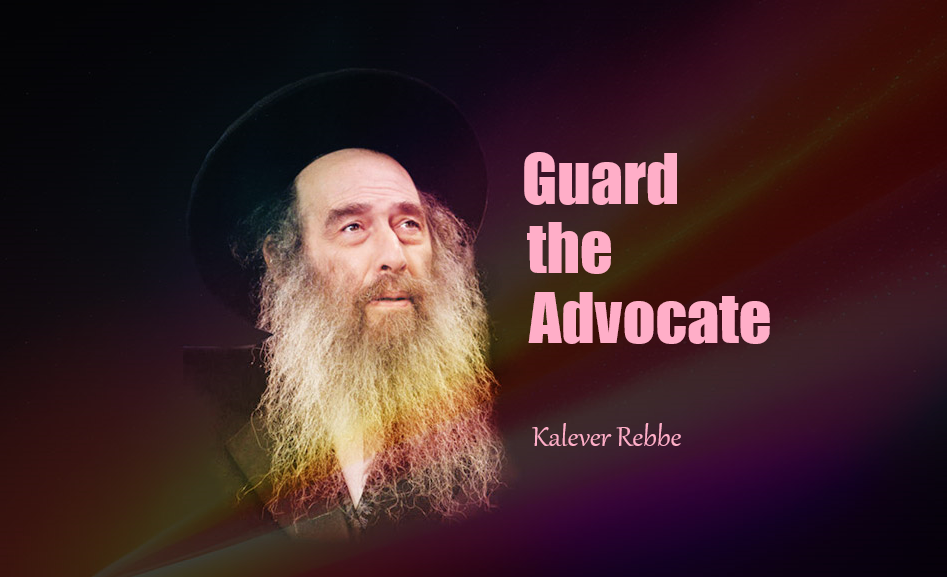
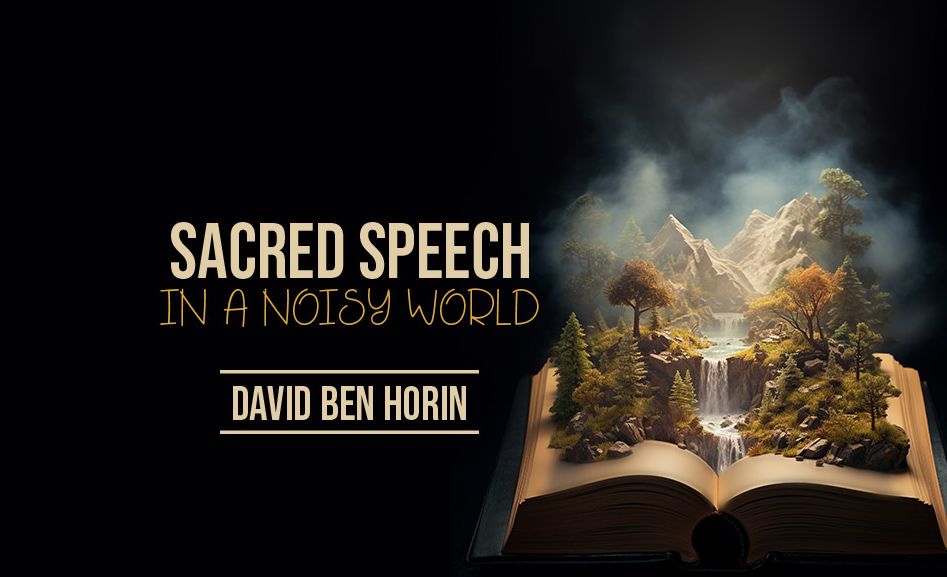
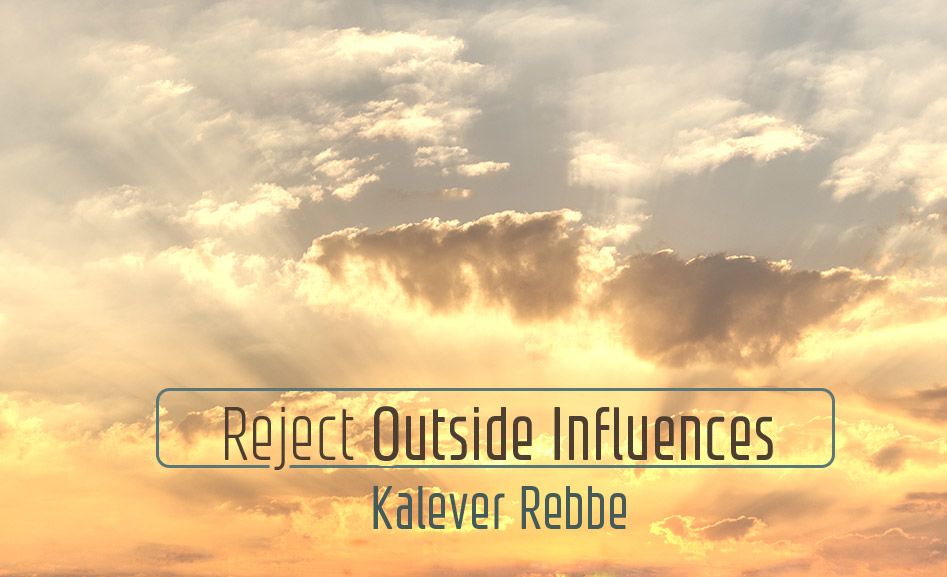
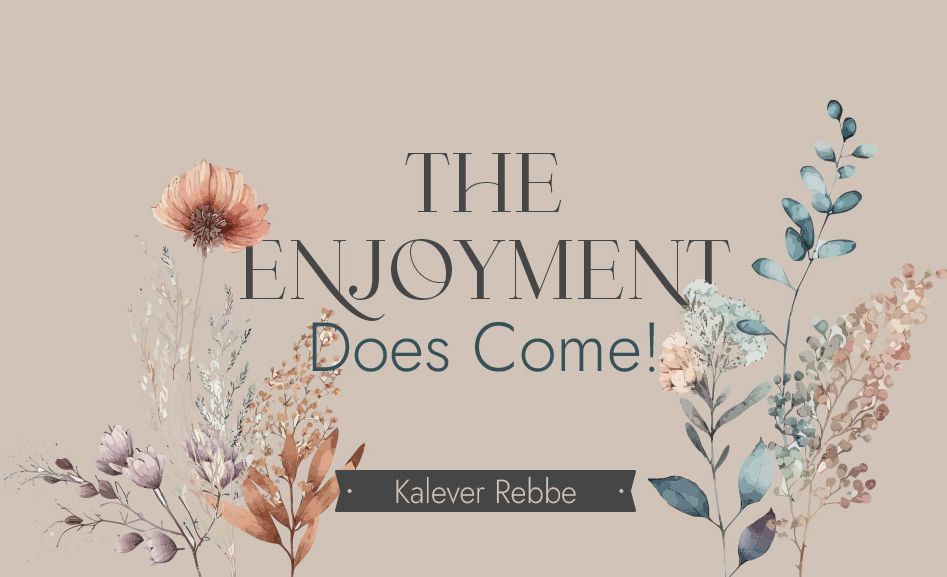

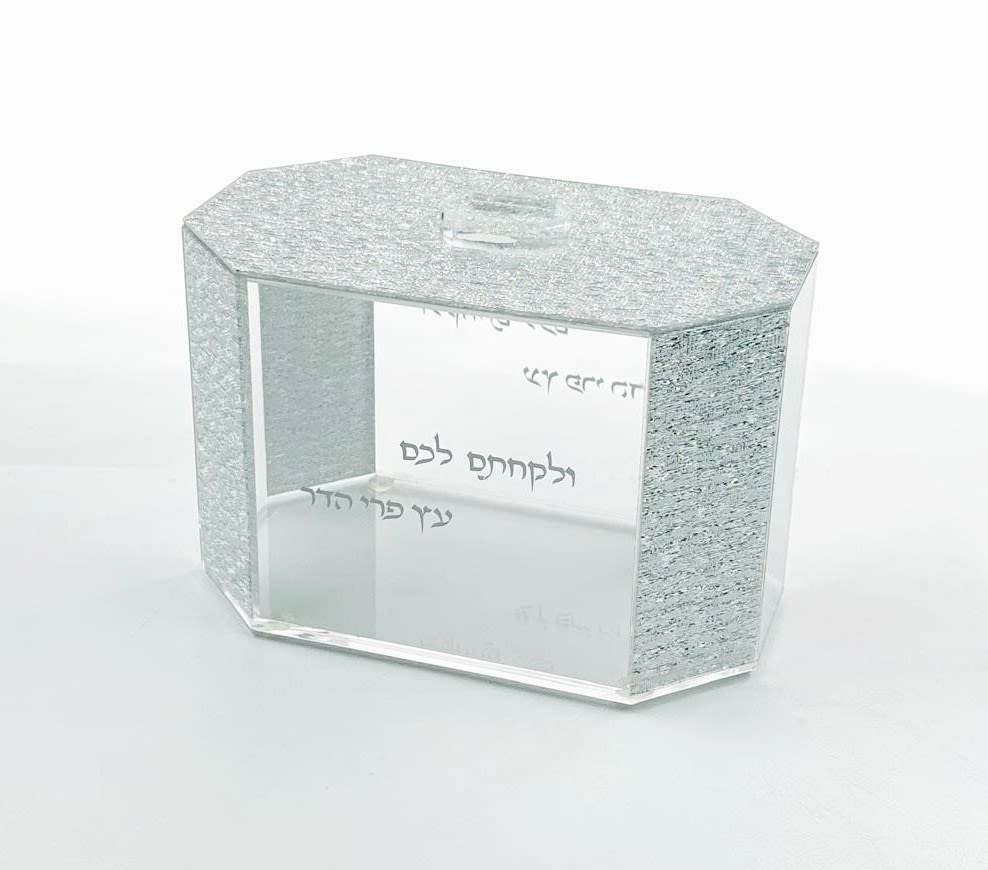
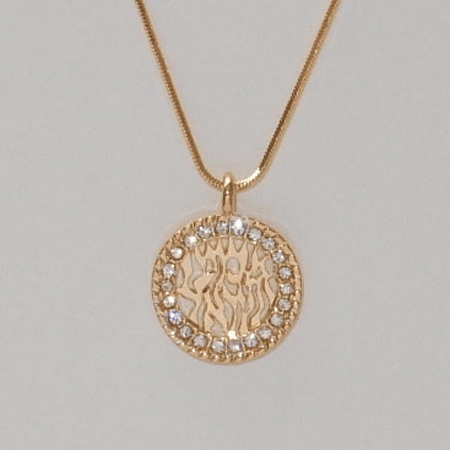


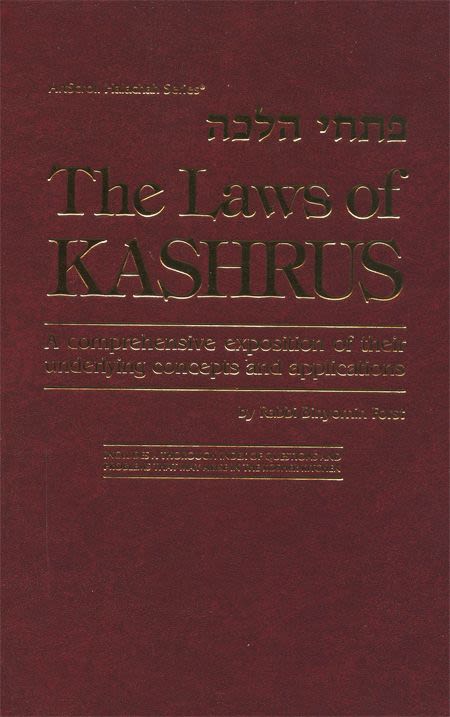
Tell us what you think!
Thank you for your comment!
It will be published after approval by the Editor.